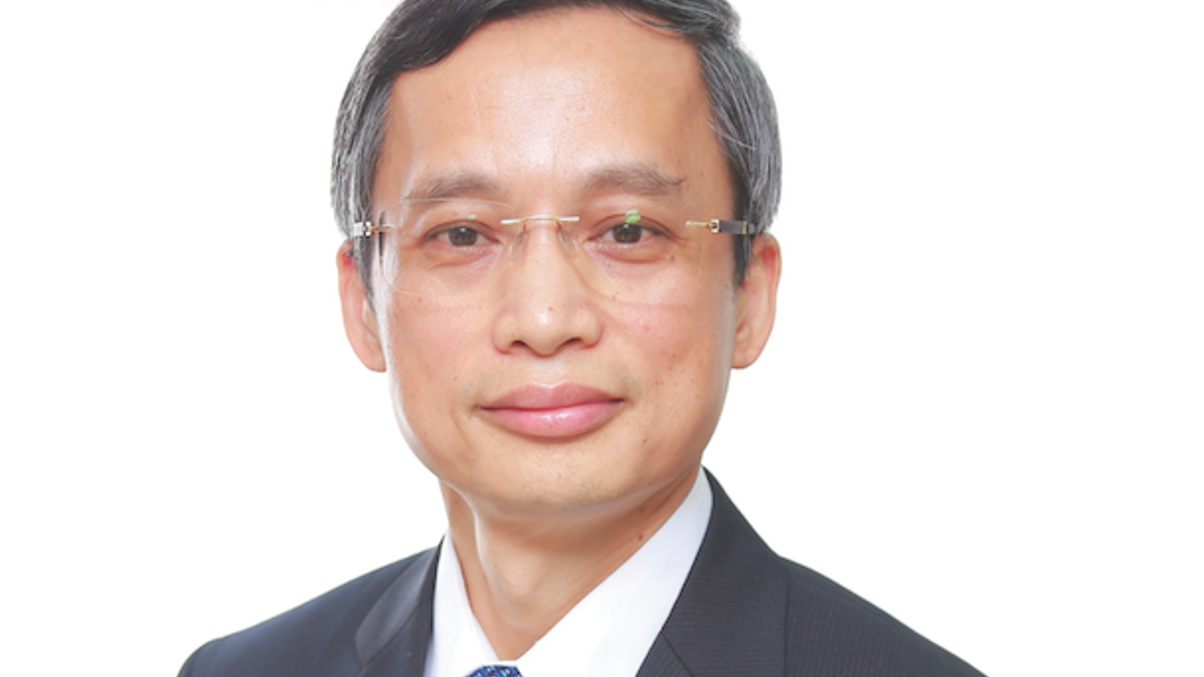How BLF's leader is changing its investing identity
A year into his role as director general of the Bureau of Labor Funds, Tsay Feng-ching discusses how he is installing his philosophy to guide the pension fund's investing.

Womenonics, consumerism, shareholder activism; taken together they sound like the topics of a lecture delivered by a progressive economics professor.
Sign in to read on!
Registered users get 2 free articles in 30 days.
Subscribers have full unlimited access to AsianInvestor
Not signed up? New users get 2 free articles per month, plus a 7-day unlimited free trial.
¬ Haymarket Media Limited. All rights reserved.


